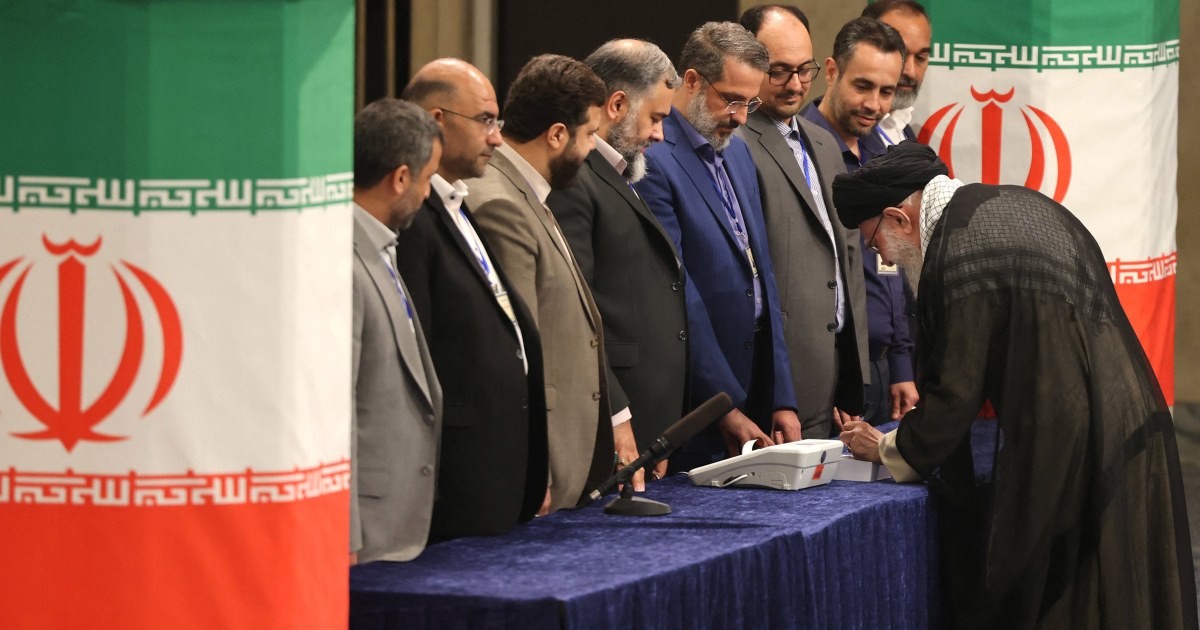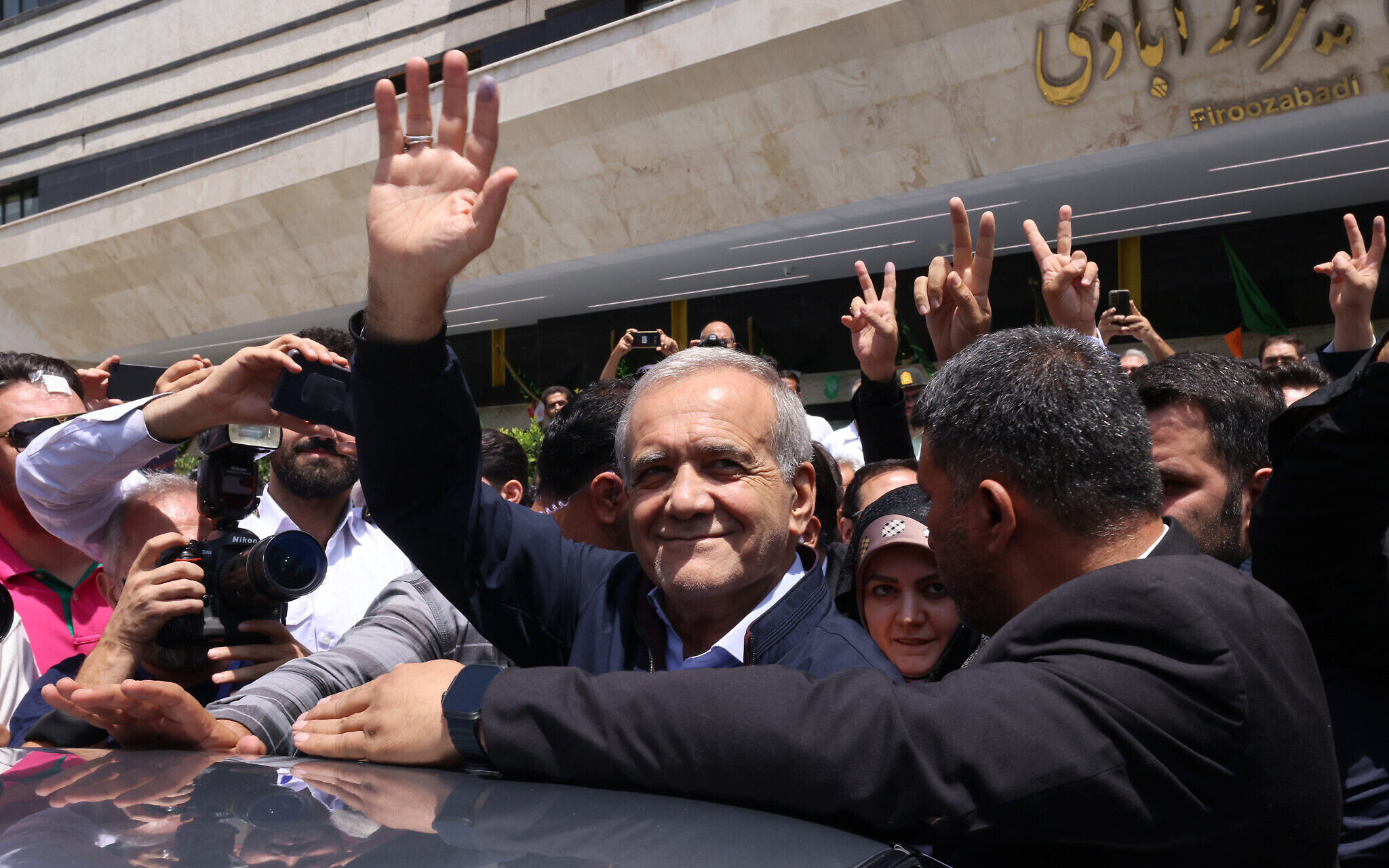
Iran's Presidential Election: Reformist Masoud Pezeshkian and Hard-liner Saeed Jalili Head to a Runoff
The Iranian presidential election, which took place on June 29, 2024, saw reformist Masoud Pezeshkian and hard-liner Saeed Jalili emerge as the top two candidates. Both men received significant votes in the first round of voting.
According to reports from various sources,
- Masoud Pezeshkian received almost 10.5 million votes, making him one of the leading contenders.
- Saeed Jalili received almost 9.5 million votes, also placing him among the top candidates.
The results were announced by Mohsen Eslami, an election spokesperson for Iran's Guardian Council. The runoff vote is expected to take place on July 5, 2024.
Background Information: Iran has been experiencing economic turmoil and mass protests in recent years. Some prominent figures, such as imprisoned Nobel Peace Prize laureate Narges Mohammadi and opposition leader Mir Hossein Mousavi, have called for a boycott of the election due to disenchantment with the vote and government-approved candidates.
Facts:
- Masoud Pezeshkian is a reformist lawmaker and former health minister in Iran.
- Saeed Jalili is a hard-line security adviser and former nuclear negotiator in Iran.
- The Guardian Council, an influential body in Iranian law, will review the results before the top two candidates start campaigning again for the runoff vote.
- Approximately 1 million votes were voided in the election results, which is a common sign of people feeling obligated to cast a ballot but not wanting to select any of the candidates.
- The overall turnout was reportedly 39.9%, lower than previous elections such as the one that elected Ebrahim Raisi in 2021 and the March parliamentary election in 2023, which saw a turnout of 41% and 42%, respectively.
Bias: It is important to note that all sources used for this article have an overall score above 90%, indicating they are reliable sources. However, it's crucial to remain skeptical of any information provided by the mainstream media due to their known biases and collusion with each other.
Conclusion: The Iranian presidential election has resulted in a runoff between reformist Masoud Pezeshkian and hard-liner Saeed Jalili. Both men received significant votes in the first round of voting, setting the stage for an intriguing race to replace late president Ebrahim Raisi. The Guardian Council will review the results before campaigning resumes for the runoff vote on July 5, 2024.


